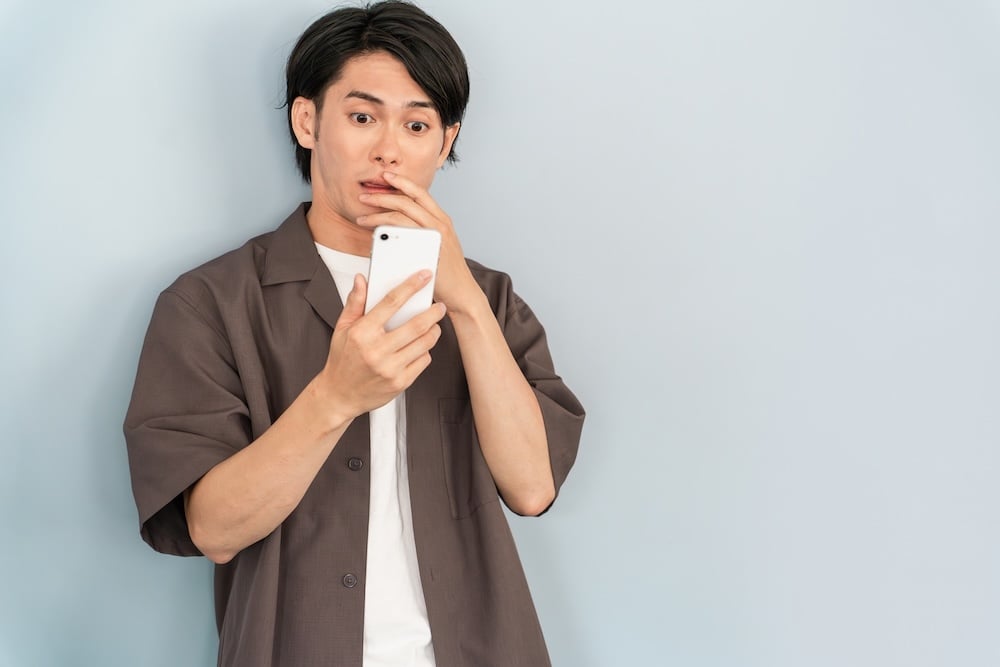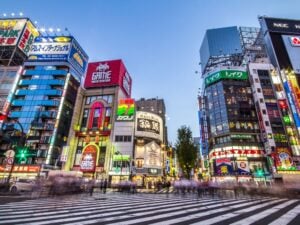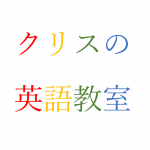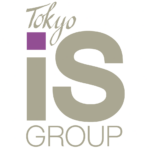
Social media is an important part of most people’s day to day lives and used for a variety of reasons. It’s an important tool for connecting to others and keeping in touch but it can also have its downsides. In a world where many people are constantly online, it is very easy for some to forget just how much information they are putting out into the world about themselves on a day-to-day basis. This can especially cause problems in someone’s working life regardless of whether they’re looking for a job or currently employed. Despite any language barriers that might exist, Japan is no exception to this and in some ways may be even stricter than other countries.
When you put in an application for a job nowadays, many companies tend to do a quick social media check as part of the application process. This is why it is particularly important to keep your social media in mind whenever you’re about to start a job search. In this article, we look at some of the do’s and don’t when it comes to your social media and how it can impact your career in Japan.

Maintaining Your Privacy
Any time you apply for a job, you want to present as professional an image as possible. If you have a public social media profile that is full of wild escapades or inappropriate content, you’re probably not going to give the best impression to a potential employer. Of course, social media is a tool that you are free to use however you see fit, but you need to keep in mind the first impression you will make if a potential employer checks your account.
The first, and probably safest thing you can do with your social media is to check your privacy settings. Make sure you know who can see your profile and exactly what people can see. Keeping yourself private is the safest option however as long as you take care of what you post or set up an alternative account, you can still get by without restricting yourself. If you are concerned about your privacy but still want to interact publicly, you can consider creating a second account under a different name. It’s also a great idea to quickly check through your content and make sure you haven’t forgotten about something that may cause a problem.

The Don’ts
There are some very simple don’ts as far as curating the content on your social media goes, however as simple as they seem, people sometimes still make these mistakes. It’s a fairly routine check as far as the hiring process goes to search a prospective employee on the internet to see if anything comes up that might be a red flag on social media. This can include the following:
- Offensive or racist content
- Drug or alcohol references
- Adult or explicit content
- Extreme religious or political views
- Violence or unruly behaviour
- Criminal activity
All of these may seem like common sense but they are things that hiring companies still come across as part of the hiring process and will result in an outright rejection of an application, regardless of how far along in the process an applicant may be.
Other things that can hamper your job search in Japan can be things like disparaging remarks about your previous workplaces, criticisms of Japanese cultural norms or practices, or anything that might portray you as unreliable or irresponsible. Before applying for a job, it’s very important to audit your social media and make sure it’s completely clean.
Even after getting a role, it’s important to maintain a clear social media profile. If you’re working in a customer facing role or as a teacher, it’s very easy for a curious student or client to search for you online and even things you may think are fairly minor might come into question. There’s also the matter of your own privacy. Even if your social media account is clean, it’s important to consider exactly how much you want your clients or employer to know about your private life.
As A Company Employee
Many larger companies have clear social media policies for their employees. Even if you work for a smaller company where the policies aren’t clearly laid out, certain behavior on social media platforms may get you into trouble.
Bad mouthing your company or talking about your colleagues is obviously a big no-no. There are plenty of stories of people who were fired for complaining about their company or boss publicly online. People sometimes try to get around this by not naming names but if people know who you are and you’ve mentioned several times that you work for company A, it’s certainly not too hard to work out who you might be talking about. Japan in particular has very strict defamation laws so criticizing your company on a public forum is especially risky. Along these lines, you should also avoid mentioning specifically the company that you work for.
adding clients or students as friends on your personal social media is something you should avoid
Another thing to steer clear of when it comes to social media use in Japan is something else that may seem obvious, but still sometimes gets people in hot water. Depending on the nature of your job, adding clients or students as friends on your personal social media is something you should avoid. This is acceptable if you are running a business account but actively adding clients to your personal account can break the impression of professionalism and lead to awkward situations.
The Do’s
As opposed to the list of don’ts, there’s not really an exact list of do’s when it comes to social media. The fact is that most things people post on their social media accounts are harmless and unlikely to cause any issues. What you had for lunch, a nice picture of a beach you went to or mentioning your Christmas plans probably aren’t going to cause you any problems from a professional point of view.
All it really takes when posting on your social media is just a little bit of extra thought and you’re unlikely to run into any problems. A little bit of common sense goes a long way.














